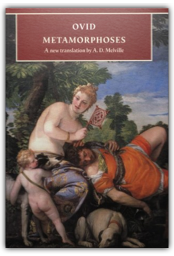
The first and still the best modern verse translation of the Metamorphoses, Humphries' version of Ovid's masterpiece captures its wit, merriment, and sophistication. 
In Istanbul, in the late 1590s, the Sultan secretly commissions a great book: a celebration of his life and his empire, to be illuminated by the best artists of the day - in the European manner. But when one of the miniaturists goes missing and is feared murdered, their master seeks outside help. 
Wittgenstein once remarked that 'a serious and good philosophical work could be written that consisted entirely of jokes'. Inspired by this idea, John Allen Paulos shows how conceptual humour and analytic philosophy resonate at a very deep level. Both evince a keen concern for language and its (mis)interpretations; both require a free intelligence in a relatively open society, as well as a sceptical tendency towards debunking; and both are quintessentially human. "I Think, Therefore I Laugh" is packed with jokes, stories, parables, puzzles and anecdotes, all of which relate in one way or another to various philosophical problems, leading to some unexpected insights. 
This volume contains all of Sylvia Plath's mature poetry written from 1956 up to her death in 1963. It was awarded the 1981 Pulitzer Prize for Poetry. The text is preceded by an introduction by Ted Hughes and followed by notes and comments on individual poems. An appendix contains 50 earlier poems. |
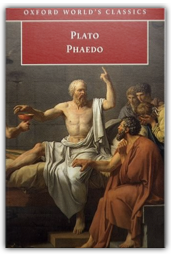
The Phaedo is acknowledged to be one of Plato's masterpieces, showing him both as a philosopher and as a dramatist at the height of his powers. For its moving account of the execution of Socrates, the Phaedo ranks among the supreme literary achievements of antiquity. It is also a document crucial to the understanding of many ideas deeply ingrained in western culture, and provides one of the best introductions to Plato's thought. This new edition is eminently suitable for readers new to Plato, offering a readable translation which is accessible without the aid of a commentary and assumes no prior knowledge of the ancient Greek world or language. 
Published in 1942 and considered the keystone of Francis Ponge's large body of work, Le parti pris des choses appears here in its entirety as The Nature of Things .Ponge's first full volume, it reveals his preoccupation with nature and its metaphoric transformation through the creative ambiguity of language. Language is both subject and means. For all the critical analysis devoted to this work, "never has the book been fully fathomed" Assessment of the translation by Barbara Wright— Lee Fahnestock must certainly be "Ponge's voice in English". Several rereadings and a comparison with the French originals, confirmed this opinion. Ponge was the first modern poet to be moved to imagine the inner nature of objects-"things". Things animal - vegetable - mineral. Snails -moss - pebbles....Ponge's poetic intentions may seem very serious -and they are- but he expresses seriousness in a joyous, often insouciant style, full of humor, lighthearted word play, puns, alliteration, allusions, imaginative contrasts. And I feel that this unique combination has been reproduced with love and understanding by Lee Fahnestock. She gives us Ponge's tones, rhythms, humor. She has maneuvered his word play with respect and unostentatious discretion; she knows how to read between the lines. Here, to my mind, is indeed Ponge in English. 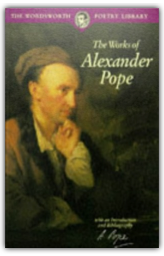
This volume comprises the works of Alexander Pope. It includes "The Rape of the Lock", "The Dunciad" as well as several epitaphs, essays and epistles. It also contains poems that Pope wrote in his youth, which imitate the styles of several well-known poets. 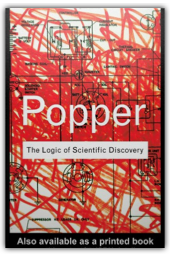
When first published in 1959, this book revolutionized contemporary thinking about science and knowledge. It remains the one of the most widely read books about science to come out of the twentieth century. 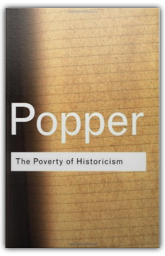
Hailed on publication in 1957 as "probably the only book published this year that will outlive the century," this is a brilliant of the idea that there are fixed laws in history and that human beings are able to predict them. 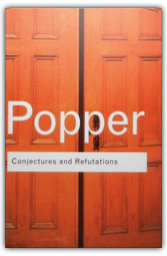
This classic remains one of Karl Popper's most wide-ranging and popular works, notable not only for its acute insight into the way scientific knowledge grows, but also for applying those insights to politics and to history. |

Stephen Lavelle
Collection Total:
374 Items
374 Items
Last Updated:
Sep 5, 2010
Sep 5, 2010


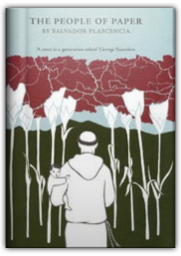


 Made with Delicious Library
Made with Delicious Library